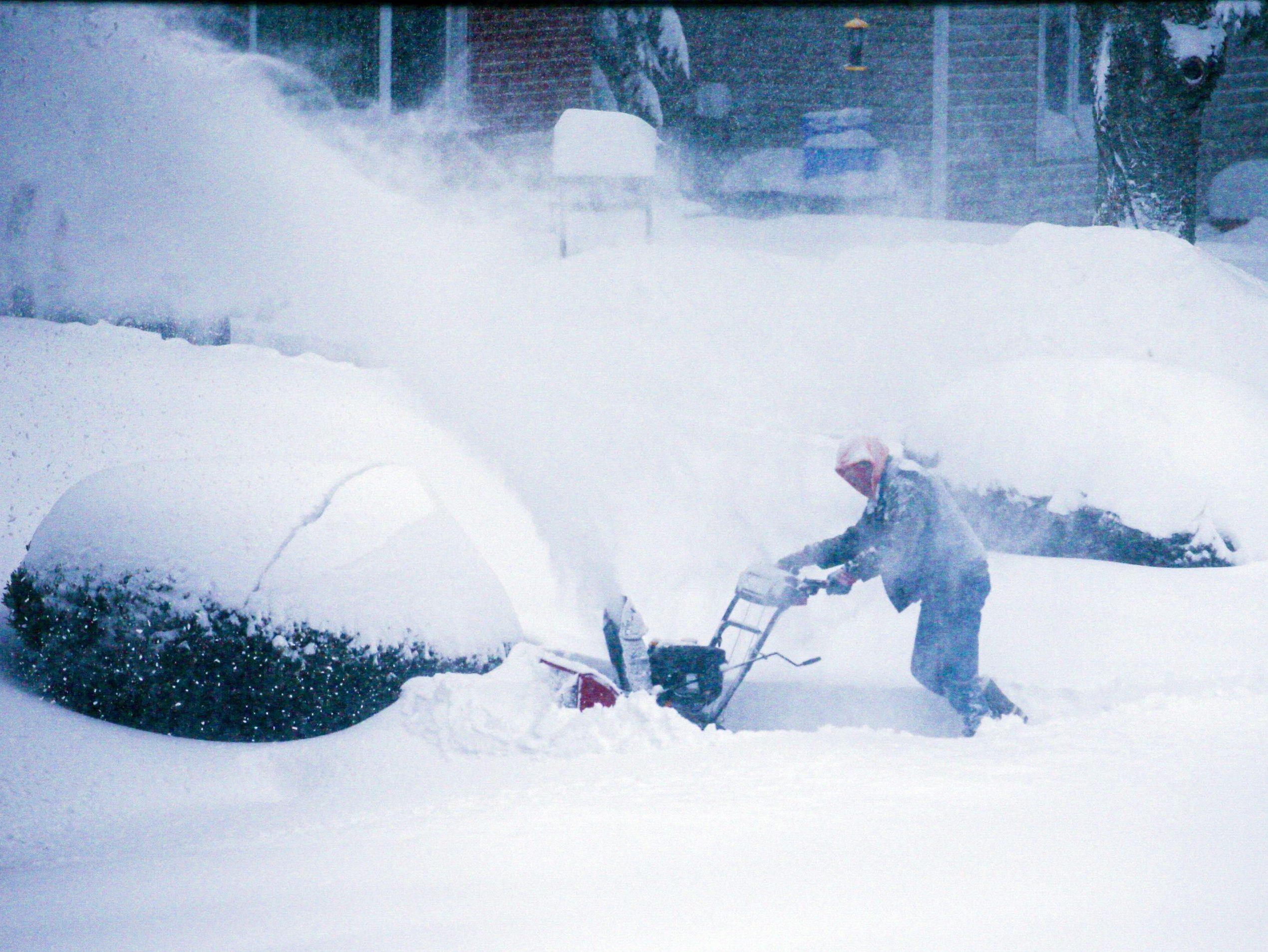Winter's Frigid Grip: Millions Brace For Another Snow And Ice Onslaught
As a relentless winter storm pummels vast swathes of North America and Europe, millions are hunkering down, bracing for another round of crippling snow and ice. This latest onslaught comes on the heels of a series of severe weather events that have already wreaked havoc across the globe, raising concerns about the intensifying impacts of climate change.
Extreme Weather Intensifies Amidst Climate Concerns
The current winter storm is characterized by bone-chilling temperatures, blizzard-like conditions, and treacherous ice accumulation. Forecasters warn that these conditions could lead to widespread power outages, transportation disruptions, and even life-threatening situations.
Scientists have long predicted that climate change would lead to more frequent and intense weather events. The rising global temperatures cause changes in atmospheric circulation patterns, resulting in disruptions to the jet stream and more extreme weather phenomena.
Millions in the Crosshairs of Winter's Wrath
The current storm is expected to impact millions of people across North America and Europe. Hardest hit will be the densely populated regions of the northeastern United States, eastern Canada, and western Europe.
In preparation for the storm, authorities have issued weather warnings, urging residents to stay indoors and avoid unnecessary travel. Schools and businesses have been closed, and public transportation systems have been disrupted.
Emergency responders are on high alert, preparing for a surge in calls for assistance. The military has also been deployed to help with snow removal and other relief efforts.
Perspectives on Winter Storm Preparedness
There are diverse perspectives on how to prepare for and respond to winter storms. Some argue that governments and individuals should invest heavily in infrastructure that can withstand extreme weather conditions.
Others emphasize the importance of community resilience and self-reliance. They advocate for public education campaigns that teach people how to stay safe during storms and how to help their neighbors.
Government Responsibility vs. Individual Preparedness
The debate over government responsibility versus individual preparedness is a complex one. Some believe that it is the duty of government to provide adequate protection for its citizens, regardless of their circumstances.
Others argue that individuals have a responsibility to prepare themselves for potential emergencies. They believe that it is unrealistic to expect the government to be able to respond to every need, especially in the wake of a major disaster.
Regardless of one's perspective, there is clearly a need for both government action and individual preparedness to effectively mitigate the risks associated with extreme winter weather.
Conclusion: Resilience and Adaptation in a Changing Climate
As the impacts of climate change continue to intensify, societies around the world will need to develop strategies for resilience and adaptation. This will require a combination of government action, community involvement, and individual preparedness.
By investing in resilient infrastructure, promoting public education, and encouraging self-reliance, we can better prepare for and respond to the challenges posed by extreme winter weather.
Ultimately, the goal is to create communities that are not only safe but also adaptable, able to withstand the challenges of a rapidly changing climate.
Read also:
Sacramento Kings' Crowd Goes Crazy For 'Dougie McBuckets'
Men's Basketball Ends Busy First Month With 66

